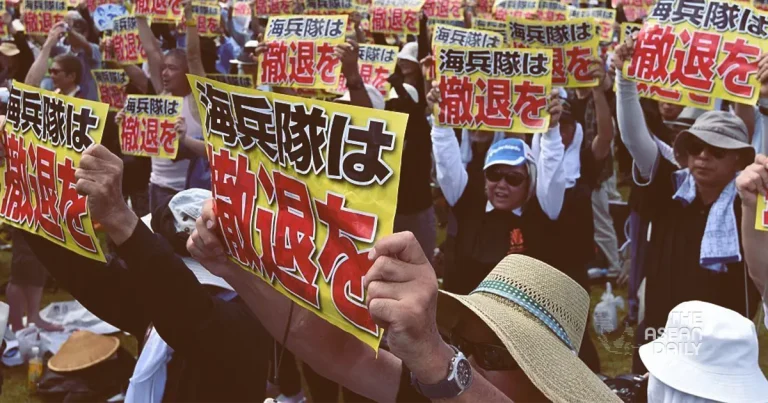14-7-2024 (OKINAWA) In response to a series of disturbing incidents involving sexual assaults allegedly perpetrated by U.S. military personnel serving in Japan, the U.S. forces have vowed to strengthen measures aimed at preventing a recurrence of such acts. The announcement comes in the wake of growing tensions between the local community and the U.S. military presence in Okinawa prefecture.
On July 12th, U.S. Ambassador to Japan Rahm Emanuel and Lieutenant-General Roger Turner, the Okinawa area coordinator and head of U.S. forces in the prefecture, issued a joint statement outlining the reinforced measures to be implemented.
The statement expressed deep regret over the recent alleged cases, acknowledging that “It’s clear that our current protections and procedures are not meeting the standards we set for ourselves.”
Among the new measures announced, there will be an increased presence of patrols in districts outside U.S. bases to strengthen surveillance and deter potential offenses.
Furthermore, the liberty policy, which regulates off-base activities of U.S. military members serving in Japan and requires them to attend sexual violence prevention sessions, has undergone revisions. The statement revealed that the system has been updated to ensure that a superior officer directly instructs each service member, underscoring the gravity of the issue.
The move follows a recent incident in June, where Japan’s government called for stricter oversight of U.S. troops stationed in the country after a soldier was charged over the alleged sexual assault of a Japanese teenager in Okinawa.
Local media reports indicated that the 25-year-old man had been accused of assault, with the concerning detail that he allegedly knew the girl was under 16, the age of consent in Japan.
The allegations have reignited longstanding tensions between the U.S. military presence and the local community in Okinawa, where a disproportionate number of U.S. bases and facilities are located.
Despite accounting for just 0.6 percent of Japan’s land mass, Okinawa hosts around 70 percent of all U.S. military bases and facilities within the country, a figure that has long been a source of contention and resentment among residents.




